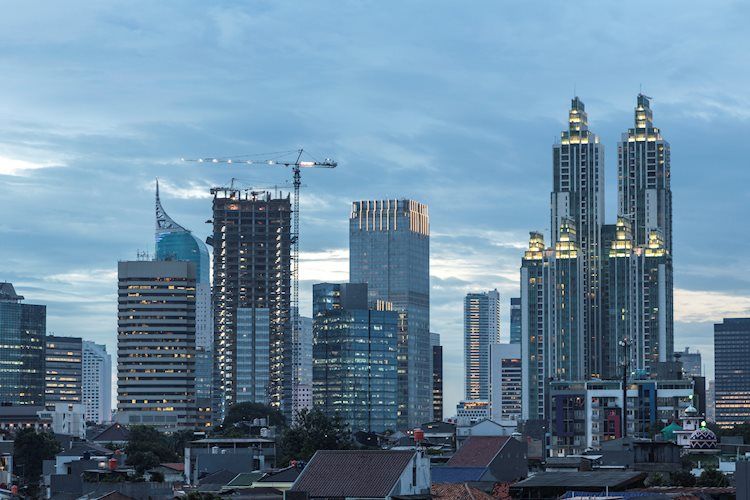Economist Enrico Tanuwidjaja and Junior Economist Agus Santoso at UOB Group comment on the latest release of inflation figures in Indonesia.
Key Takeaways
Indonesia’s headline inflation in Jul eased to 3.1% y/y viz. 3.5% in Jun, underpinned largely by decrease in agricultural commodities due to an improvement in food production and stocks. The implementation of agricultural technology and high-productivity seeds of red onion and chili lifted its productivity and drive deflation of these commodities in Jul.
Lower inflation in Jul can be attributed to the decline in most of the subcomponents, except health and education. Food-related sub-component eased to 1.9% y/y viz. 2.9%, marking the largest price deceleration among the sub-components, followed by transportation, and housing. Meanwhile, education sub-component recorded higher inflation in line with new schoolyear period.
Jul’s inflation reaffirms that headline inflation may moderate to under 3% y/y in 3Q2023. However, there are still notable potential upside risks to prices. First, the impact of climate change, namely El Nino that could cause a decrease in the supply of goods and increasing prices. It has been seen from the increase in food commodity prices in several regions. The other factor is the risk of rising global food prices due to export restrictions undertaken by several main food exporters including Russia, India, Thailand, and Vietnam.
